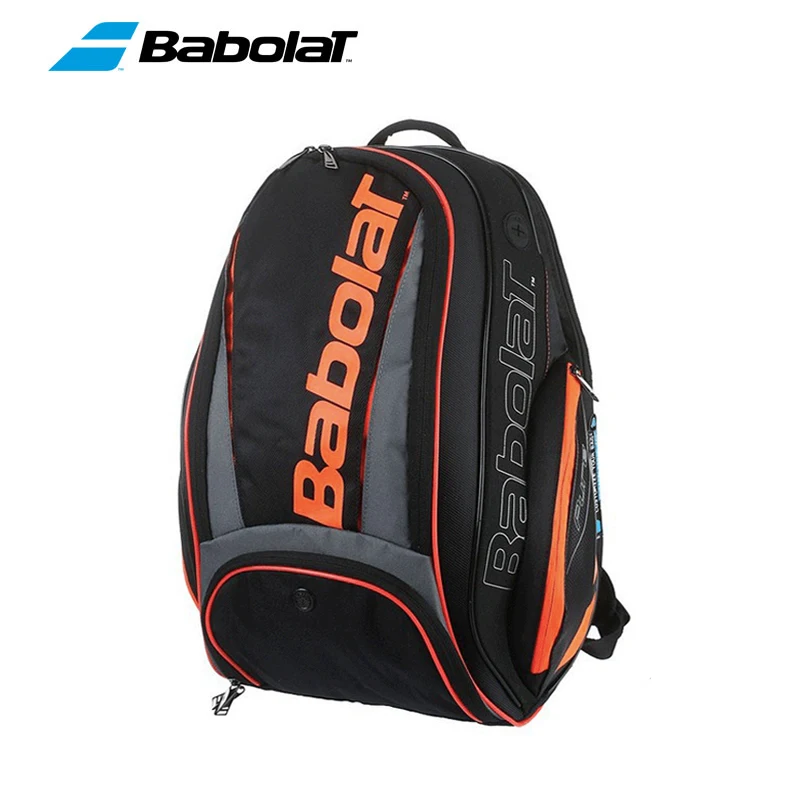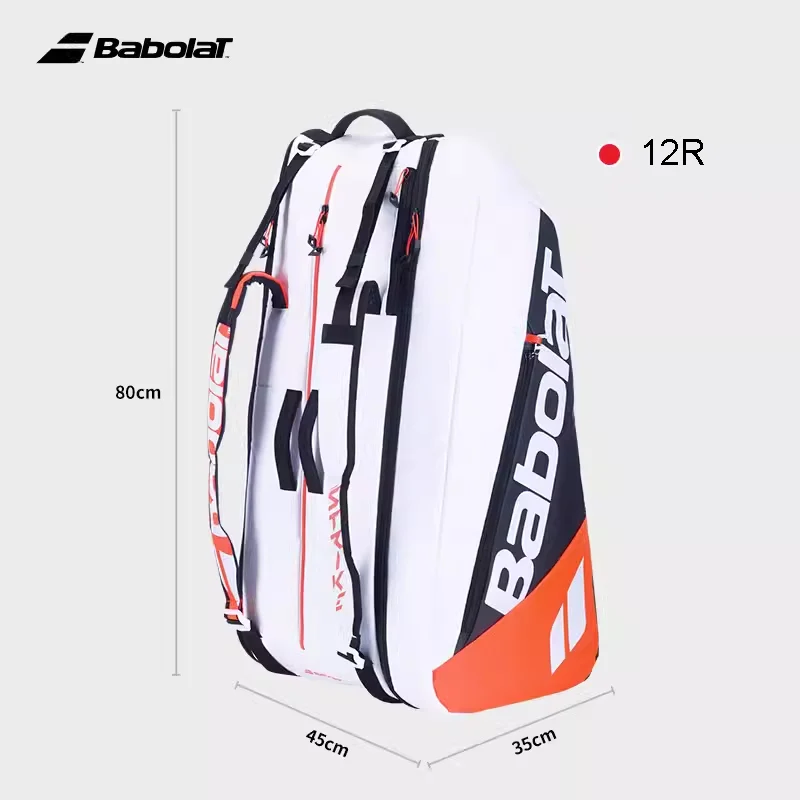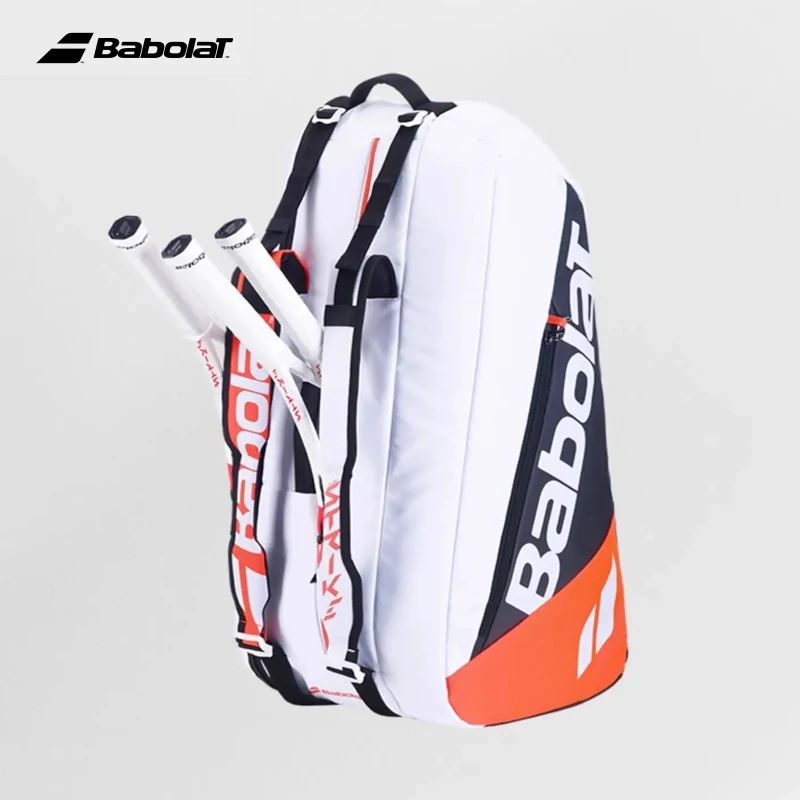Which part of your brain is useful to solve problems and puzzles?
Problem-solving and puzzle-solving abilities result from using different parts of the brain. However, some brain regions are more critical than others in these cognitive tasks. The frontal lobe, particularly the prefrontal cortex, plays a crucial role in problem-solving. It is responsible for higher-order cognitive functions such as planning, decision-making, and working memory, which are essential for analyzing problems, generating solutions, and holding information in mind while solving puzzles. The parietal lobe, specifically the inferior parietal lobule, is also involved in problem-solving, particularly in spatial reasoning and mental manipulation of objects.
The temporal lobe, particularly the medial temporal lobe, is crucial for memory, which is essential for recalling information and recognizing patterns that aid in problem-solving. The hippocampus, a structure within the medial temporal lobe, is vital for forming new memories and consolidating them into long-term memory. The occipital lobe, responsible for visual processing, is involved in solving puzzles that require visual perception and pattern recognition.
Related Questions:
- What is the role of the prefrontal cortex in problem-solving?
- How does the parietal lobe contribute to spatial reasoning?
- Why is memory crucial for solving puzzles?
- What is the function of the hippocampus in problem-solving?
- How does visual processing aid in solving puzzles?
Related Hot-Selling Products:
- Rubik's Cube by Rubik's
- Sudoku Puzzle Book by Puzzle Master
- Brain Teaser Puzzle Ball by ThinkFun
- Escape Room in a Box by FoxMind
- Logic Puzzle Book by Mensa
Pre:What are your favorite tennis rackets for control
Next:What is meant by cracked



















